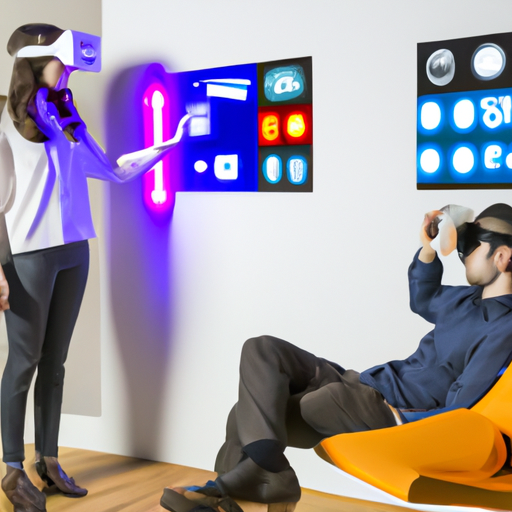In the rapidly evolving landscape of technology, Augmented Reality (AR) stands out as a powerful tool reshaping how we interact with the world around us. Unlike Virtual Reality, which immerses users in a completely different environment, AR overlays digital information onto the real world, offering a seamless blend of reality and technology.
What is Augmented Reality?
Augmented Reality is an interactive experience where computer-generated images, sounds, or other data enhance the perception of the real world. This technology utilizes devices like smartphones, tablets, and AR glasses to superimpose digital elements onto the user’s view, creating an enriched experience.
The Evolution of AR Technology
The journey of AR technology has been remarkable. From simple applications like Pokemon Go, which urged players to hunt virtual creatures in the real world, to sophisticated industrial applications, AR has evolved tremendously. It bridges the gap between the digital and physical realms, bringing a new dimension to how we perceive information and engage with our surroundings.
Applications of Augmented Reality
- Healthcare: AR aids surgeons with overlaying critical data on patients during operations, enhancing precision and safety.
- Education: Interactive learning experiences are now possible through AR, making complex subjects easier to understand and memorize.
- Retail: Shoppers can use AR to visualize products in their own environment before making a purchase, drastically improving customer experience.
- Gaming: AR has revolutionized the gaming industry, creating immersive experiences that encourage players to interact with their real-world surroundings.
Future Prospects of Augmented Reality
As AR technology continues to advance, its applications are boundless. The integration of AI with AR is paving the way for smarter systems that can predict user needs and personalize experiences. Companies are investing heavily in AR, which indicates a promising future where AR will play a pivotal role in various sectors.
Conclusion
The potential of Augmented Reality is immense, enhancing our experiences in work, education, and play. As we continue to explore and push the boundaries of this technology, the impact of AR on our day-to-day lives is set to expand significantly. Keep your eyes open; the future is here, and it’s augmented!
For more insights on Augmented Reality and the latest tech trends, subscribe to our blog!








